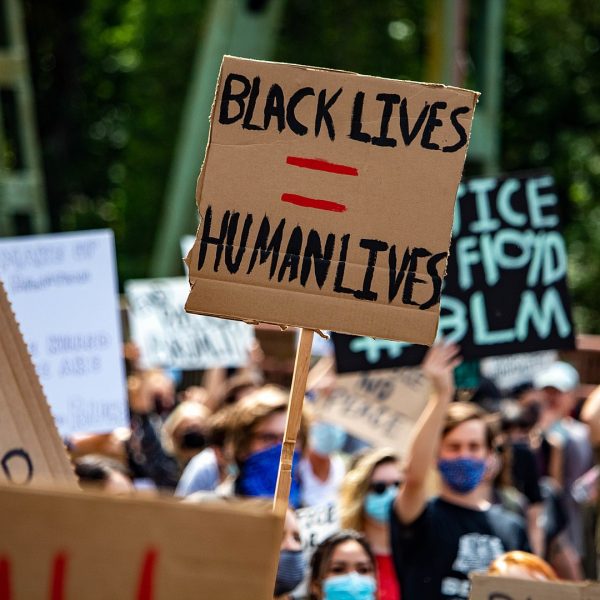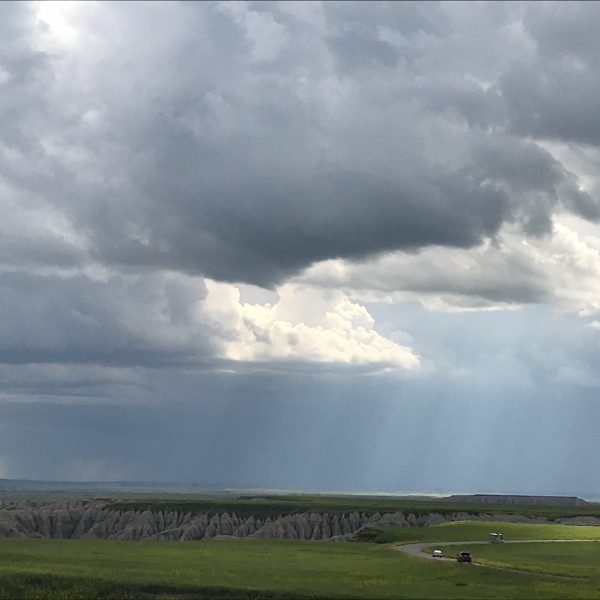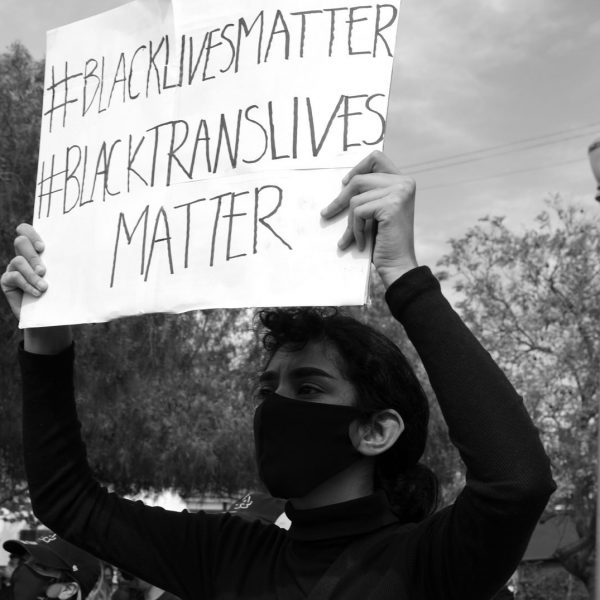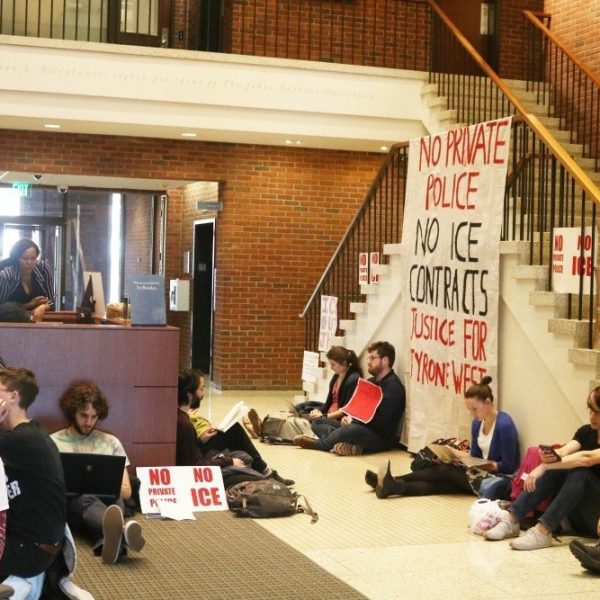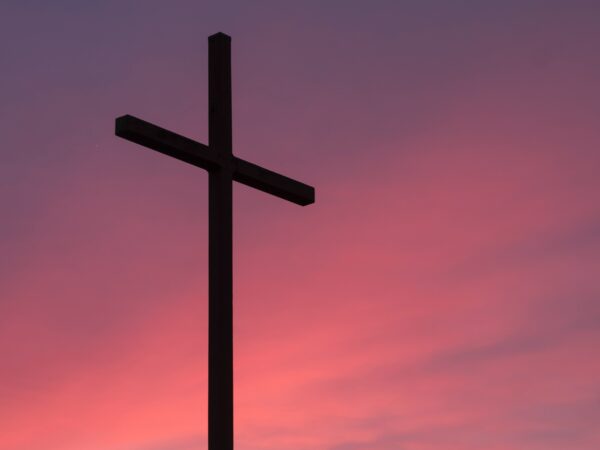
It is only in the memories of Jesus the fully human that we can find what I argue is the greatest power of the Passion for human lives held captive by the oppressive forces of Empire: the strength to face our crippling fear, stare the full oppressive might of the state in the face, and refuse to cede our full humanity – our joy, love, compassion, and hope – in service to the state’s liturgies of violence and fear.
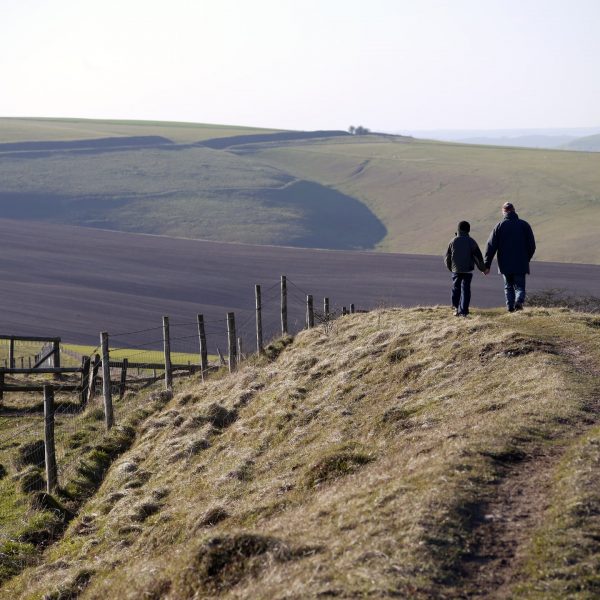
Abraham did pass the test from God in this story, but not in the way it has been interpreted for so long. Rather, Abraham passed the test by hearing and obeying the voice of the true God at the end, telling him to stop.
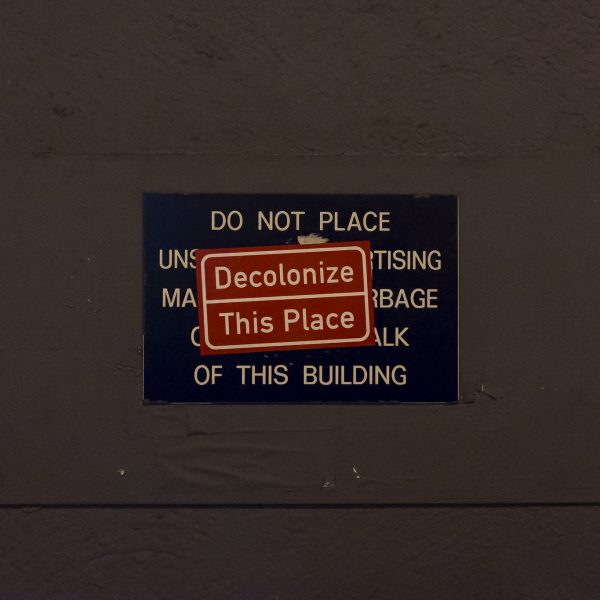
For Islamophobia as a concept to further come of age our critiques must incorporate more de-centering, more dis-orientation of the west.
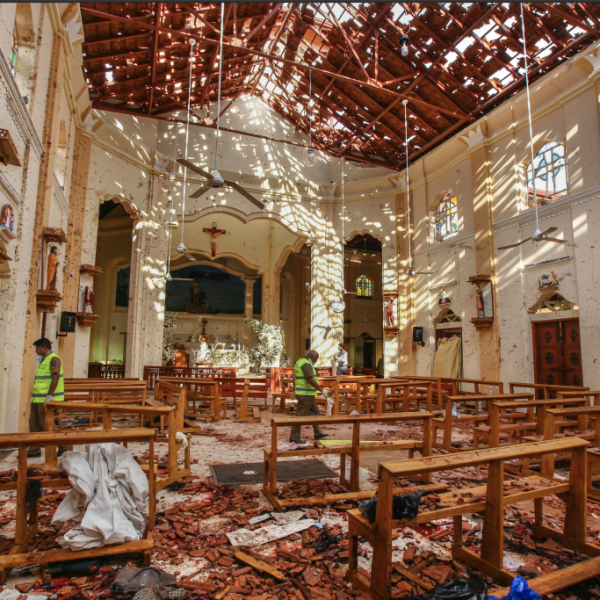
What connections may we draw between attack on the Tree of Life synagogue in Pittsburgh, the Christchurch mosque shooting, African-American church arsons in Louisiana, the Easter Sunday bombing in Sri Lanka, and the synagogue shooting in San Diego?
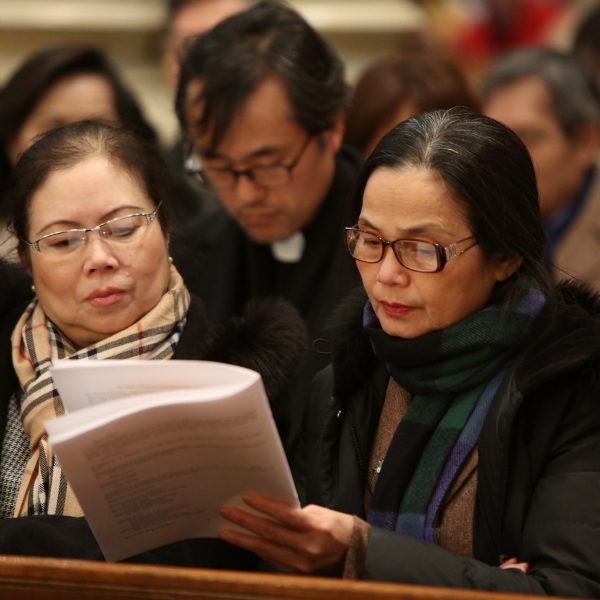
Although recognizing the discrimination faced by Chinese and Japanese Americans in the past, Open Wide Our Hearts could say more on the experience of Asian Americans as “model minorities” within the system of white racism.
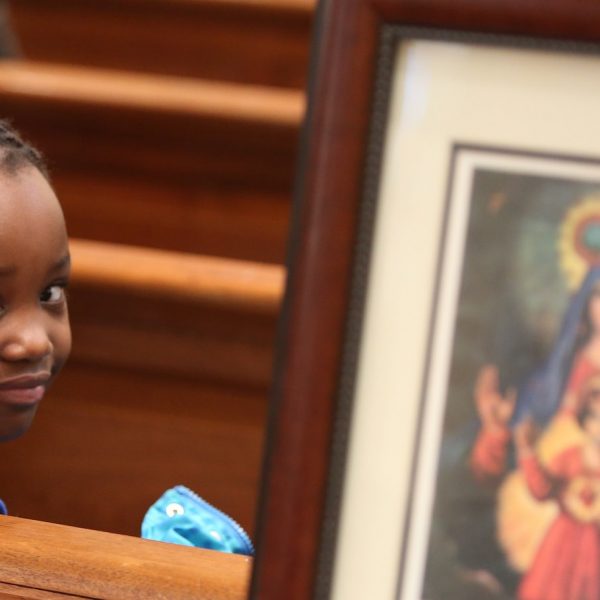
The United States Catholic bishops’ recent pastoral letter on racism shows how racism has been woven into the history of the US, and is honest about the Church’s past complicity in that racism. It says less about how Catholics today can combat systemic racism, but offers hope for fruitful dialogues throughout the country.
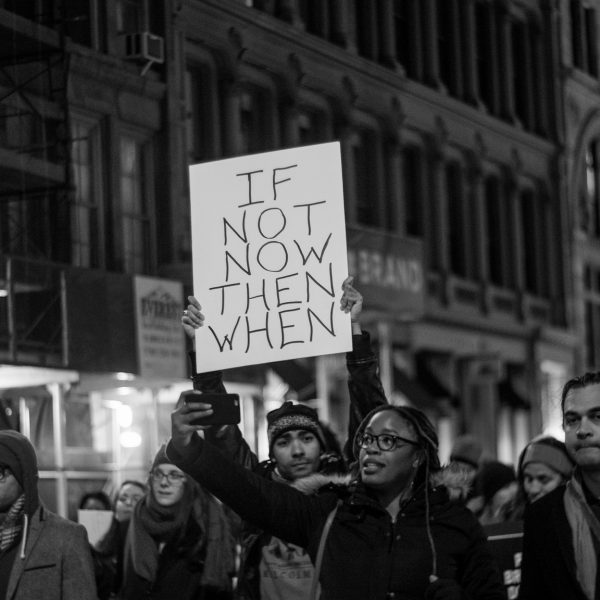
In Open Wide Our Hearts, the US Catholic bishops successfully describe how racism has historically been at the heart of American life, but the pastoral letter emphasizes personal conversion at the expense of structural transformation.

